
Mutare: The Gateway to Eastern Highlands
Nestled in the verdant Eastern Highlands of Zimbabwe, Mutare is a gem waiting to be discovered. Known for its breathtaking landscapes, Mutare offers a serene escape from the hustle and bustle of city life. As you wander through its streets, you'll be enchanted by the blend of colonial architecture and lush greenery that characterizes this charming city. Mutare is home to several natural wonders, such as the Mutarazi Falls, the highest waterfall in Zimbabwe, and the scenic Vumba Mountains. These spots are perfect for hiking, bird-watching, and simply soaking in the tranquility of nature. The city's proximity to the Bvumba Botanical Gardens, with its diverse flora and fauna, makes it a haven for nature lovers. For those interested in history and culture, Mutare does not disappoint. The National Gallery of Zimbabwe's Mutare branch showcases local art, while the Utopia House Museum offers a glimpse into the city's colonial past. Additionally, the bustling Sakubva Market is a sensory delight, where you can experience the vibrant local culture and sample traditional Zimbabwean cuisine.
Local tips in Mutare
- Visit the Mutarazi Falls early in the morning to avoid crowds and enjoy the best light for photography.
- Wear comfortable hiking shoes when exploring the Vumba Mountains and Bvumba Botanical Gardens.
- Try local delicacies at Sakubva Market, but remember to carry some local currency for easier transactions.
- Check out the art exhibitions at the National Gallery of Zimbabwe's Mutare branch for a taste of local creativity.
- Hire a local guide for a richer experience when exploring historical sites and natural attractions.
Mutare: The Gateway to Eastern Highlands
Nestled in the verdant Eastern Highlands of Zimbabwe, Mutare is a gem waiting to be discovered. Known for its breathtaking landscapes, Mutare offers a serene escape from the hustle and bustle of city life. As you wander through its streets, you'll be enchanted by the blend of colonial architecture and lush greenery that characterizes this charming city. Mutare is home to several natural wonders, such as the Mutarazi Falls, the highest waterfall in Zimbabwe, and the scenic Vumba Mountains. These spots are perfect for hiking, bird-watching, and simply soaking in the tranquility of nature. The city's proximity to the Bvumba Botanical Gardens, with its diverse flora and fauna, makes it a haven for nature lovers. For those interested in history and culture, Mutare does not disappoint. The National Gallery of Zimbabwe's Mutare branch showcases local art, while the Utopia House Museum offers a glimpse into the city's colonial past. Additionally, the bustling Sakubva Market is a sensory delight, where you can experience the vibrant local culture and sample traditional Zimbabwean cuisine.
When is the best time to go to Mutare?
Iconic landmarks you can’t miss
Holiday Inn Mutare
Discover comfort and convenience at Holiday Inn Mutare, the perfect base for exploring Zimbabwe's scenic eastern highlands.

Golden Peacock Hotel
Experience comfort and hospitality at Golden Peacock Hotel, your gateway to exploring the scenic beauty of Mutare, Zimbabwe.

Nando's Mutare
Discover the vibrant tastes of Nando's Mutare, where spicy peri-peri chicken meets family-friendly dining in a lively atmosphere.
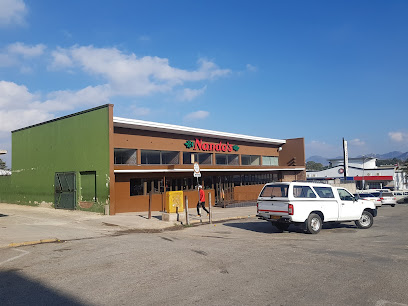
Sakubva
Experience the vibrant spirit of sport and culture at Sakubva Stadium in Mutare, Zimbabwe's bustling hub for local football and community events.
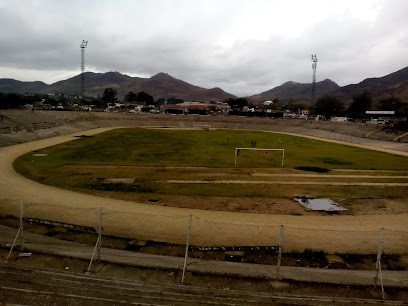
Mutare Museum
Explore the Mutare Museum and uncover Zimbabwe's diverse cultural and natural heritage, a perfect destination for history and art enthusiasts.
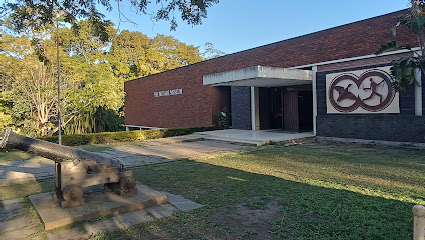
White Horse Inn
Experience comfort and local charm at White Horse Inn in Mutare, where stunning views and exceptional service await every traveler.

Manica Skyview Hotel Mutare
Discover comfort and convenience at the Manica Skyview Hotel in Mutare, your gateway to exploring the vibrant city and its stunning surroundings.

Forest Hills Resort
Experience the natural beauty and tranquility of Forest Hills Resort in Bvumba District, a perfect escape for relaxation and adventure in Zimbabwe.
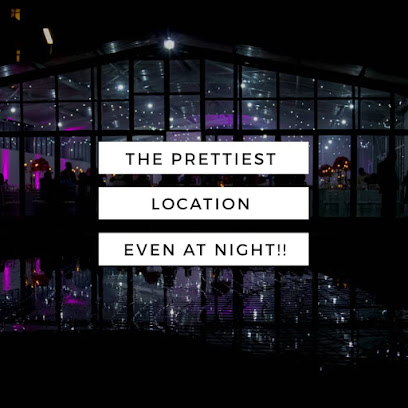
Wise Owl Motel
Experience comfort and convenience at Wise Owl Motel, your perfect retreat in Mutare, Zimbabwe, surrounded by stunning landscapes and local attractions.
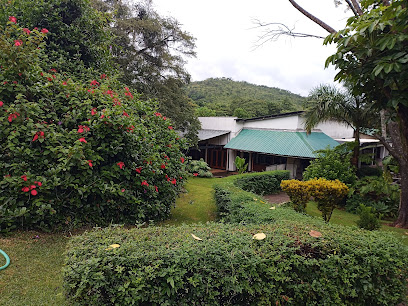
Christmas Pass Hotel
Experience the serene beauty and warm hospitality of Christmas Pass Hotel in Mutare, a perfect getaway for exploration and relaxation.
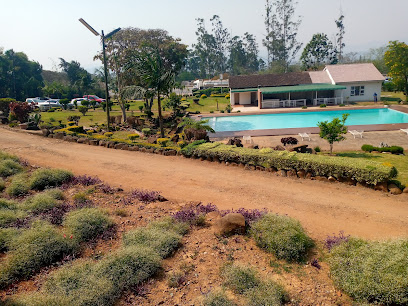
GORDON'S on 125 First Street
Experience comfort and hospitality at Gordon's on 125 First Street, a charming bed & breakfast in the heart of Mutare, Zimbabwe.

Hotel Eastgate
Experience the heart of Mutare at Hotel Eastgate, where comfort meets local charm for an unforgettable stay in Zimbabwe.
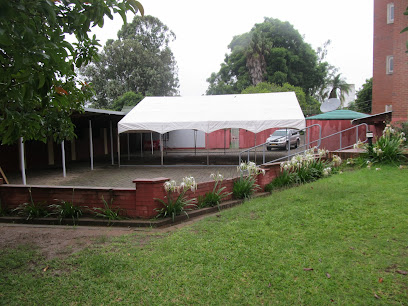
Prince of Wales View
Experience the breathtaking beauty of Prince of Wales View, a scenic spot in Zimbabwe that offers stunning panoramas and a serene atmosphere perfect for relaxation.
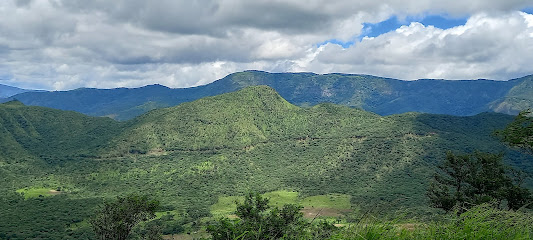
African Sun Amber Hotel Mutare
Experience the rich culinary traditions of Zimbabwe at African Sun Amber Hotel Mutare, where local flavors meet exceptional hospitality.
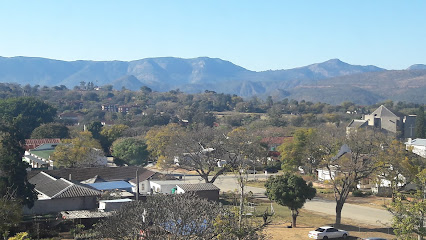
Hillside Sports Club
Discover relaxation and vibrant community spirit at Hillside Sports Club in Mutare, where hospitality meets fun for an unforgettable experience.
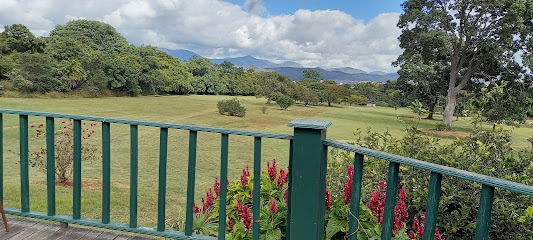
Unmissable attractions to see
Meikles Park
Explore the serene beauty of Meikles Park, a lush green oasis in the heart of the city, perfect for relaxation and cultural experiences.
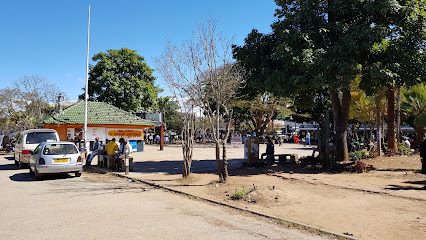
Mutare Museum
Explore Zimbabwe's heritage at Mutare Museum, a cultural gem showcasing the nation's history and artistry for every traveler.
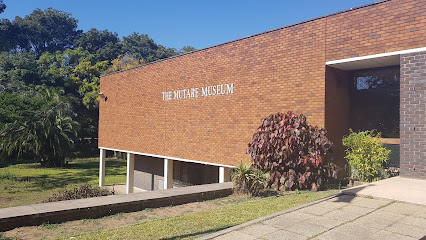
Prince of Wales View
Discover the serene beauty and breathtaking panoramic views at Prince of Wales View, a must-visit scenic spot in Zimbabwe's Bvumba region.
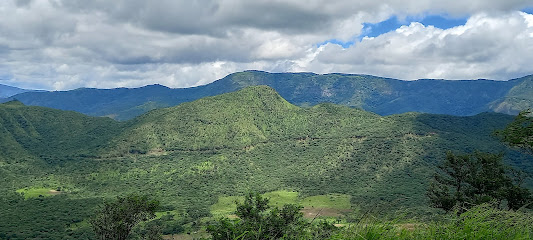
Most Holy Trinity Catholic Cathedral
Explore the architectural beauty and spiritual heritage of Most Holy Trinity Catholic Cathedral in Mutare, a must-see destination for every traveler.
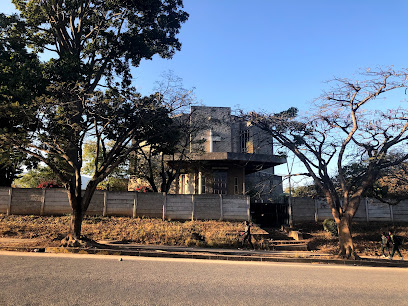
Cross Kopje
Explore Cross Kopje in Mutare for breathtaking views, rich history, and an unforgettable adventure in Zimbabwe's scenic landscapes.
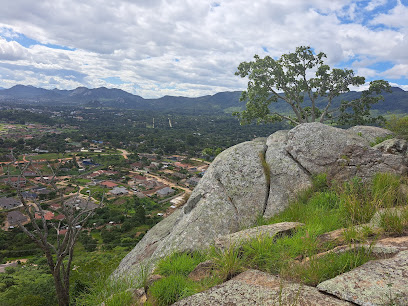
Cecil Kop Nature Reserve
Explore the captivating wildlife and breathtaking landscapes of Cecil Kop Nature Reserve, a must-visit animal park in Mutare, Zimbabwe.
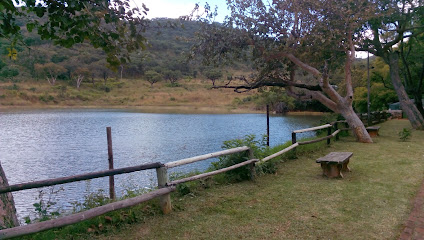
Vumba Gateway Gardens and Curios
Explore the lush beauty and unique curios at Vumba Gateway Gardens, a botanical paradise in Mutare, Zimbabwe.
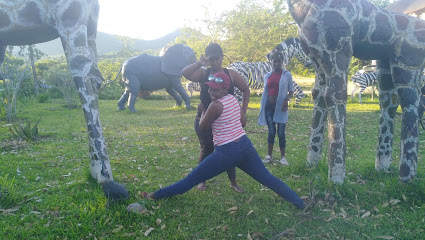
Double Blessings Garden
Discover tranquility at Double Blessings Garden in Mutare, where nature's beauty blooms in every corner, creating a perfect escape for tourists.
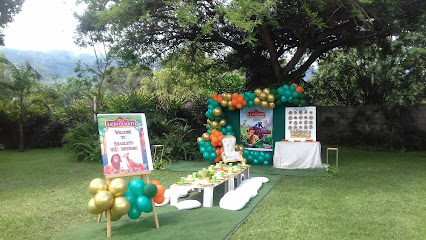
Hospital Hill
Explore Hospital Hill in Mutare, Zimbabwe, where lush landscapes and breathtaking views create a serene escape for nature lovers and tourists.
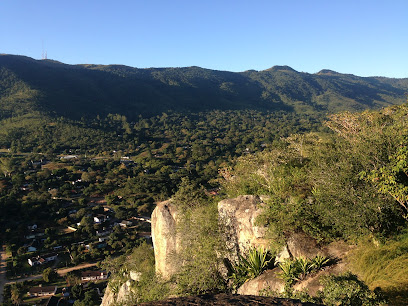
Marindi Falls
Experience the breathtaking beauty of Marindi Falls in Zimbabwe's Vumba region, a natural wonder perfect for adventure and relaxation.
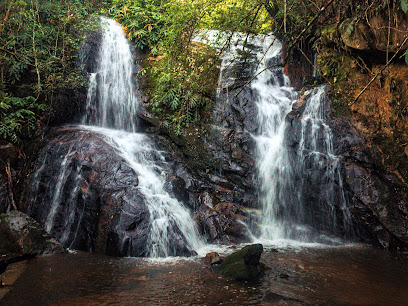
Chinamata Falls
Experience the breathtaking beauty of Chinamata Falls, a hidden natural wonder nestled in the lush Bvumba region near Mutare, Zimbabwe.
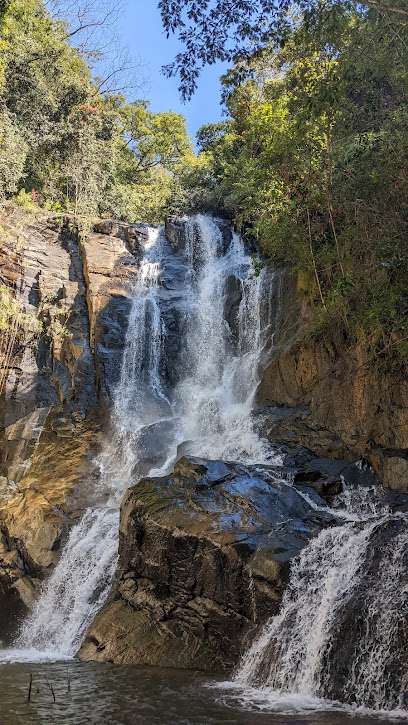
Nyachowa Falls
Explore the stunning Nyachowa Falls, a breathtaking natural wonder in Zimbabwe, perfect for adventure, relaxation, and unforgettable experiences.
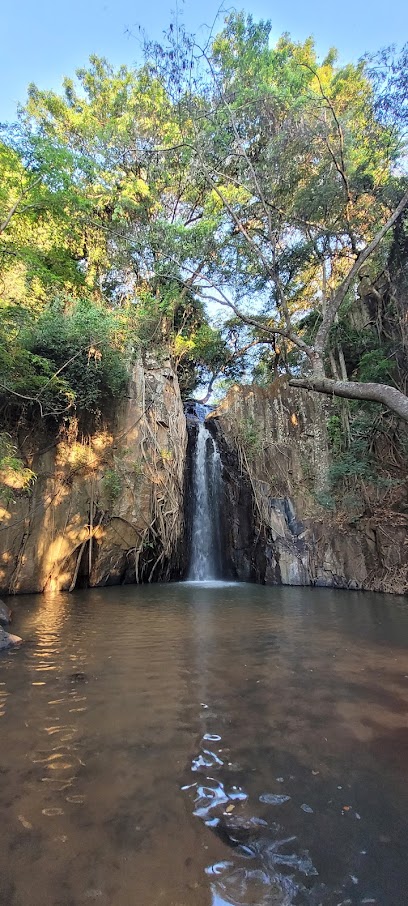
Christmas Pass
Explore Christmas Pass in Mutare, a stunning tourist attraction renowned for its breathtaking landscapes and outdoor adventures amidst Zimbabwe's natural beauty.
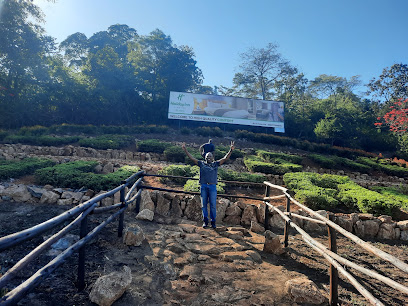
Murahwa Hill's
Experience the breathtaking views and rich biodiversity at Murahwa Hill, a tranquil nature preserve in Mutare, Zimbabwe.
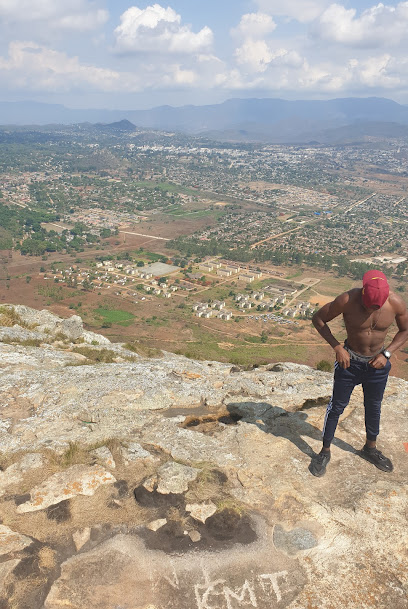
Municipality Park
Experience tranquility and natural beauty at Municipality Park, a serene oasis in the heart of Mutare, Zimbabwe.
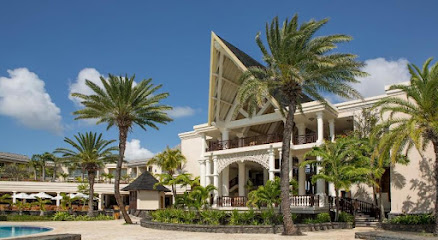
Essential places to dine
Nando's Mutare
Experience the unique taste of flame-grilled peri-peri chicken at Nando's Mutare - where South African flair meets Portuguese tradition.
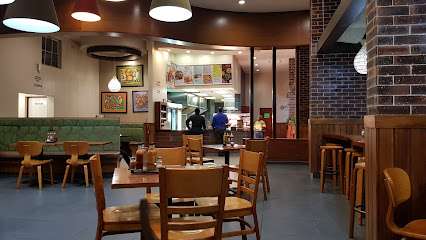
Portuguese club
Savor traditional Portuguese cuisine at this inviting club in Mutare—where every dish tells a story.
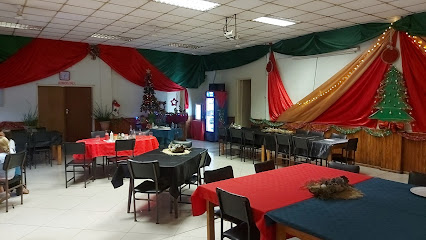
Mimach Restaurant
Experience delightful local and international cuisine at Mimach Restaurant in Mutare's City Centre – where every meal is a celebration of flavor.
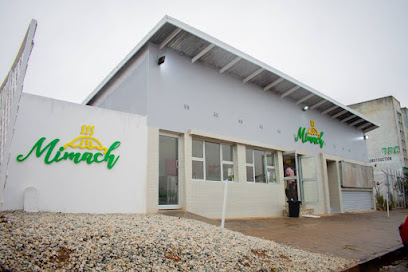
Chicken Inn
Experience the best fried chicken in Mutare at Chicken Inn – where flavor meets convenience.
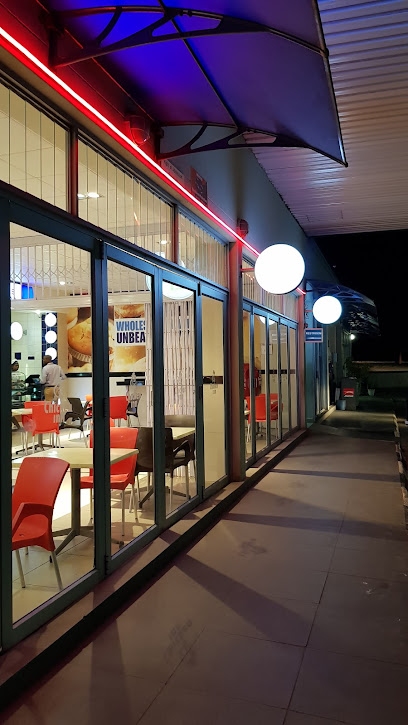
Sizzlers
Experience the flavors of Zimbabwe at Sizzlers in Mutare – a delightful restaurant offering delicious meals at affordable prices.
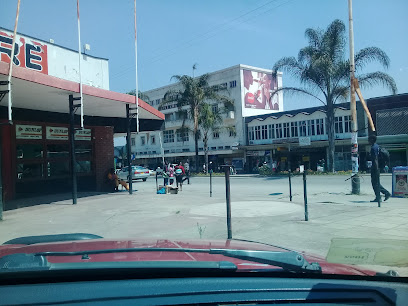
Sizzlers fast foods
Discover delicious local flavors at Sizzlers Fast Foods in Mutare – where every meal is an adventure!
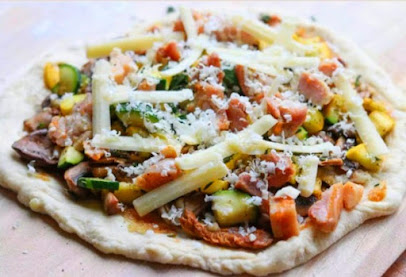
Café_alana
Discover Café Alana in Mutare for exquisite Western cuisine amidst a warm and welcoming atmosphere.
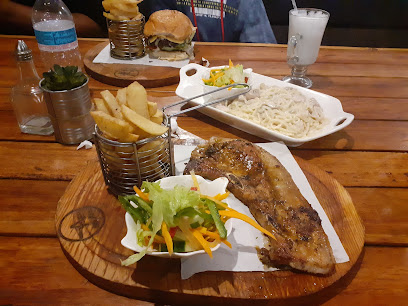
MI CASA
Discover authentic Zimbabwean cuisine at Mi Casa in Mutare—where delicious flavors meet warm hospitality.
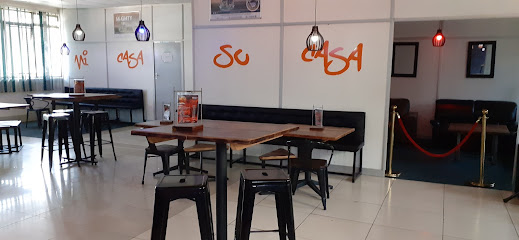
The Departure Lounge
Experience culinary delights at The Departure Lounge in Mutare, where local flavors meet international cuisine in a cozy atmosphere.
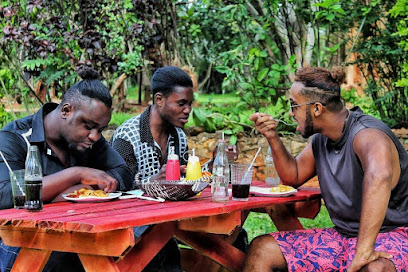
Zvinoira
Discover Zvinoira in Mutare for an authentic taste of Zimbabwean cuisine amidst warm hospitality.
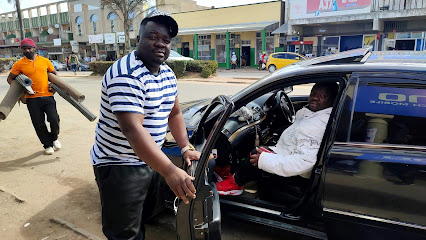
Padandaro Restaurant
Experience authentic Zimbabwean flavors at Padandaro Restaurant in Mutare's city center – where culinary tradition meets modern dining.
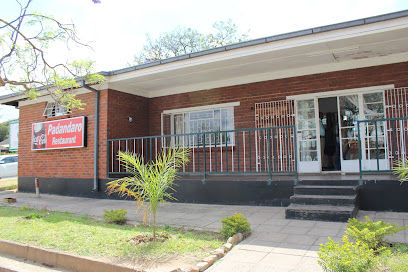
Skyview City Restaurant
Experience the culinary richness of Mutare at Skyview City Restaurant – where delicious food meets stunning views.
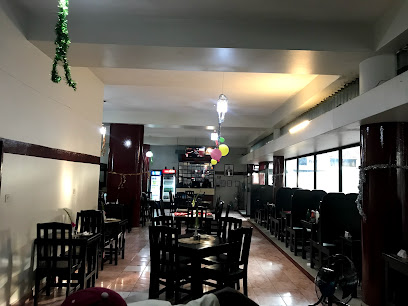
Cavery Restaurant Mutare
Discover the rich flavors of Zimbabwean cuisine at Cavery Restaurant Mutare - where every meal is a celebration of local ingredients.
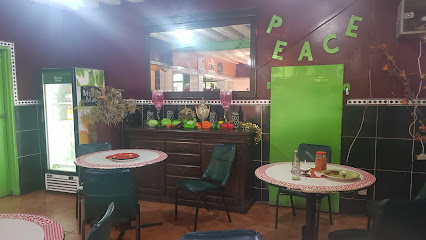
Pizza Inn
Discover delightful pizzas crafted with fresh ingredients at Pizza Inn Mutare – where every slice tells a story of flavor.
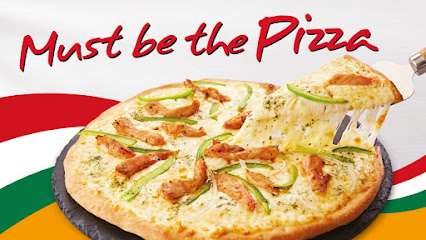
The Spark Restaurant & Grill
Experience authentic Zimbabwean cuisine at The Spark Restaurant & Grill in Mutare – where every meal is a celebration of local flavors.
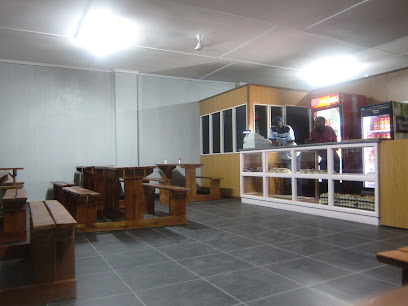
Markets, malls and hidden boutiques
TM Pick N Pay Supermarket
Experience local shopping convenience at TM Pick N Pay Supermarket, Mutare's go-to destination for groceries and essentials.
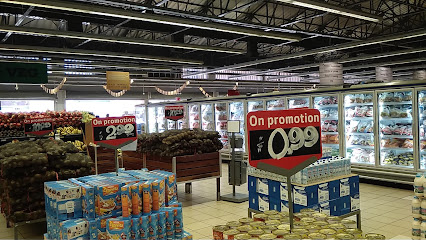
SPAR Mutare
Explore SPAR Mutare, your one-stop supermarket for fresh local produce and everyday essentials in the heart of Mutare.
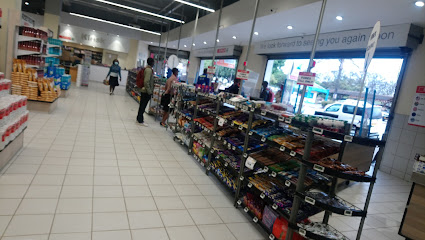
Mutare Mart
Explore local culture and crafts at Mutare Mart, your go-to home goods store in the heart of Mutare, Zimbabwe.
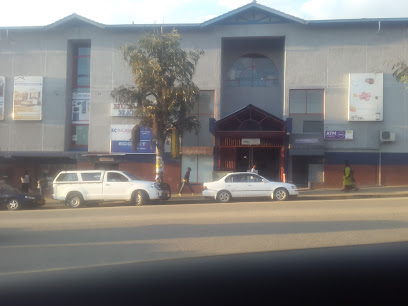
The Village Market, Mutare
Experience the vibrant culture and diverse shopping scene at The Village Market in Mutare, Zimbabwe - a must-visit destination for every traveler.
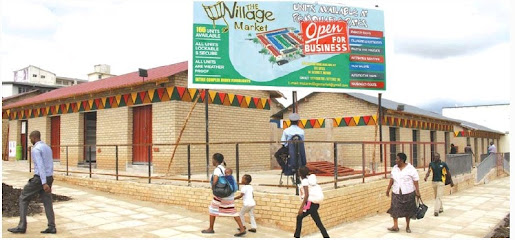
The Meat Shop
Experience the finest selection of meats at The Meat Shop, Mutare's beloved butcher shop and deli, perfect for food lovers and takeout enthusiasts.
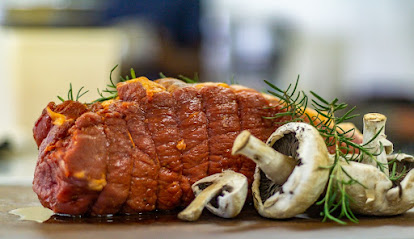
Mutare Choppies Old
Discover local flavors and fresh produce at Choppies Old, a vibrant grocery store in the heart of Mutare, Zimbabwe.
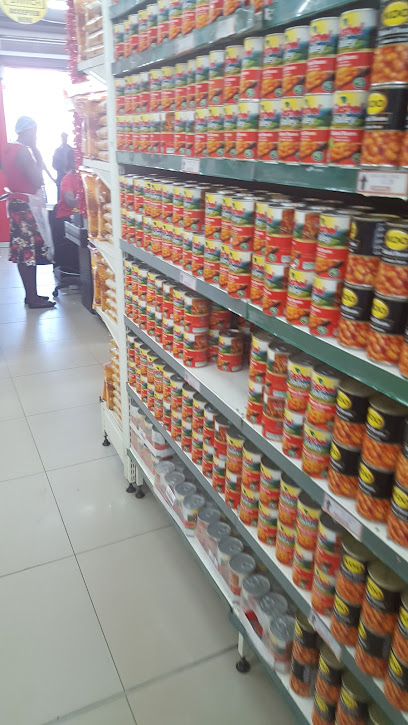
Carolert (Mutare)
Discover the vibrant shopping scene at Carolert in Mutare, where fashion, creativity, and local craftsmanship come together.
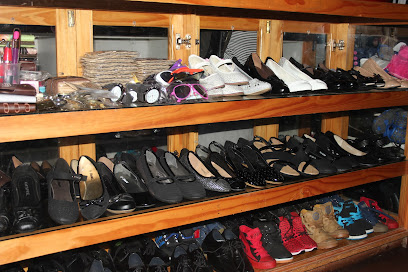
Enbee - Mutare
Explore Mutare with Enbee, the top choice for quality uniforms tailored for every occasion in Zimbabwe.

Gfive Investments (Pvt) ltd
Explore Gfive Investments in Mutare, where quality meets style in an exquisite range of furniture and home decor.
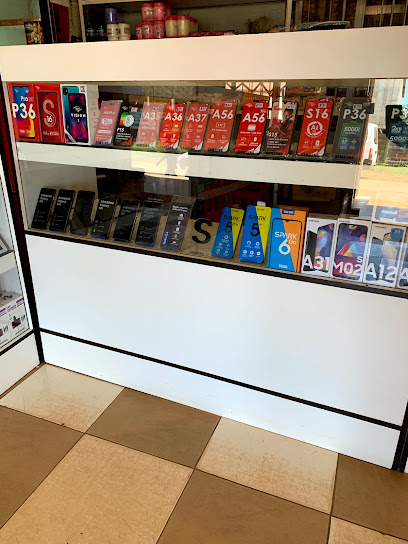
Edgars Stores
Explore Edgars Stores in Mutare for a diverse range of stylish apparel and a warm shopping experience.

Mutare Bolts and Nuts Center
Explore the delightful flavors of nuts and dried fruits at Mutare Bolts and Nuts Center in the heart of Mutare, Zimbabwe.
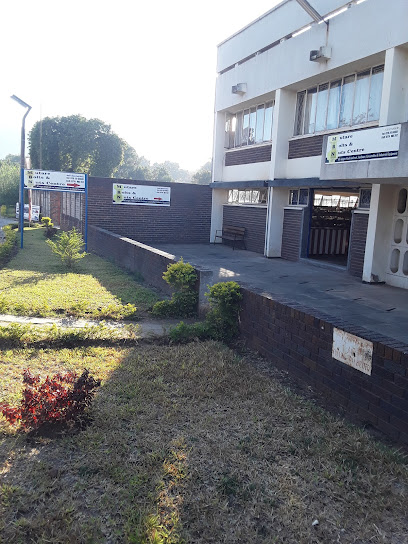
Price Kings
Explore Price Kings in Mutare for a wide selection of quality home goods that enhance your living space with local flair.

Panmart Mutare
Discover local flavors and essentials at Panmart Mutare, your go-to grocery store in the heart of the city.
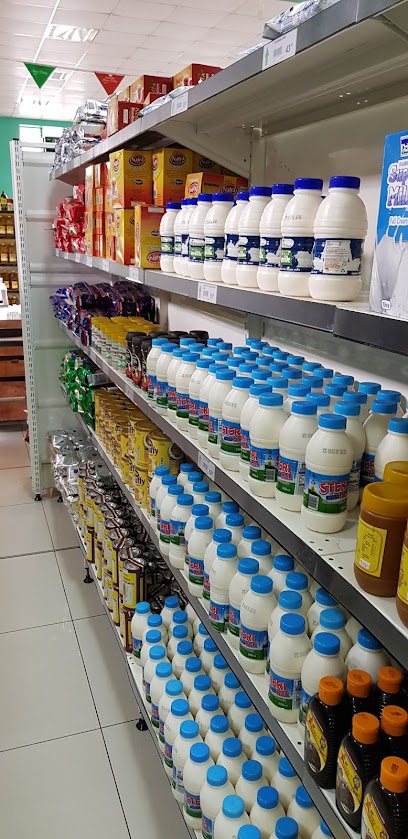
Sportland
Discover the best sportswear in Mutare at Sportland, your go-to store for quality athletic gear and apparel.
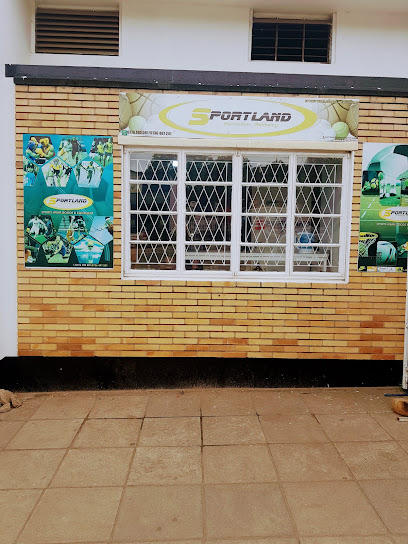
Discount Cash & Carry , Body shop
Discover a wide range of products at Discount Cash & Carry in Mutare, where shopping meets convenience and variety in the heart of the city.
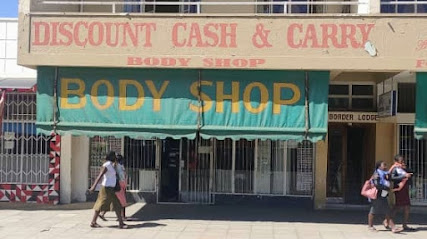
Essential bars & hidden hideouts
Portuguese club
Discover the heart of Portuguese cuisine in Mutare, where authentic flavors and vibrant culture come together for an unforgettable dining experience.
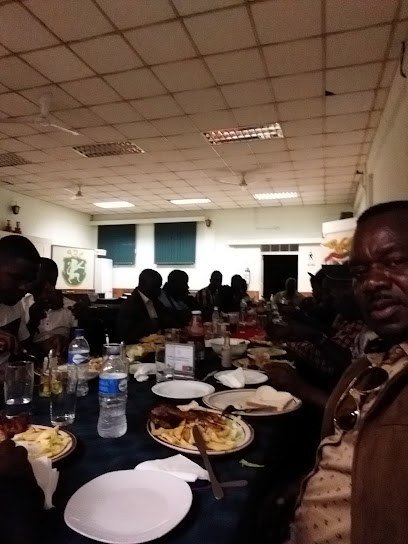
The Departure Lounge
Experience the vibrant flavors of Zimbabwe at The Departure Lounge, a must-visit restaurant in Mutare offering diverse and delicious cuisine.
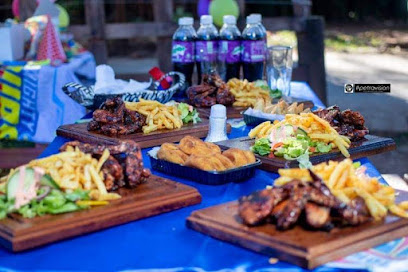
Skyview City Restaurant
Experience the vibrant culinary scene at Skyview City Restaurant in Mutare, offering diverse flavors and stunning views in a welcoming atmosphere.
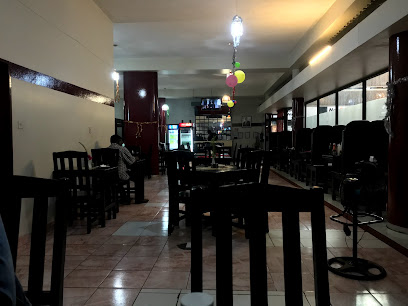
Chikanga BeerHall
Experience vibrant local culture and a diverse drink selection at Chikanga BeerHall in the heart of Mutare.

Hanzu Bar
Immerse yourself in the vibrant nightlife of Mutare at Hanzu Bar, where delicious grills and refreshing drinks await.
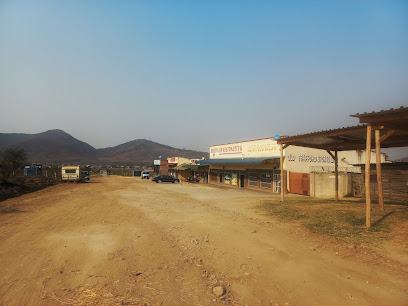
Amaru Bar
Discover the vibrant atmosphere and local flavors at Amaru Bar, Mutare's top spot for drinks, dining, and delightful evenings.
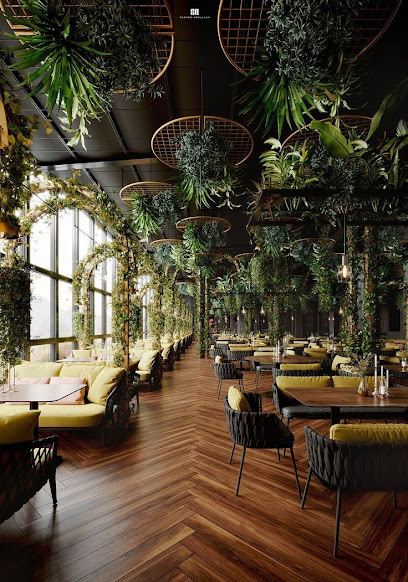
Flavour Barbeque
Experience the vibrant flavors of grilled cuisine at Flavour Barbeque in Mutare, where taste meets tradition in a lively atmosphere.
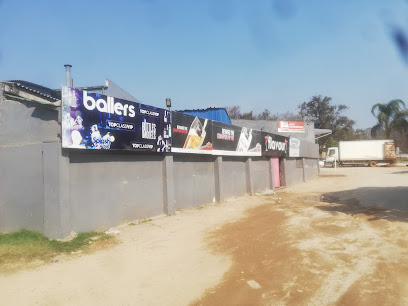
Legends Night Club
Discover the lively nightlife scene at Legends Night Club, where great music and vibrant energy come together in the heart of Mutare.

MBETSA SHOP AND BAR
Discover the vibrant charm of Mutare at MBETSA SHOP AND BAR, where local culture meets refreshing drinks and great company.

OneLove Bar
Discover the heart of Mutare at OneLove Bar, where delicious grills meet a vibrant atmosphere and local culture.
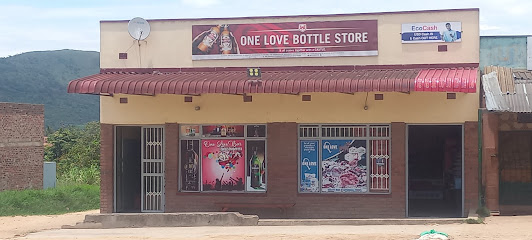
4th Street Lounge, Bar and Grill
Discover the lively 4th Street Lounge, Bar and Grill in Mutare – a vibrant spot for food, drinks, and unforgettable local experiences.
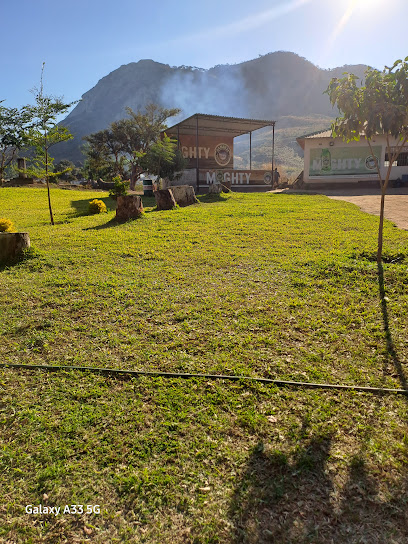
Stinos Bar
Experience the vibrant nightlife of Mutare at Stinos Bar, where local culture meets refreshing drinks and lively entertainment.

Delta beverages mutare
Experience the essence of Mutare at Delta Beverages, where local culture and hospitality meet over a refreshing drink.

Sportsman's Bar Mutare Sport Club Restaurant
Experience the vibrant atmosphere and local flavors at Sportsman's Bar Mutare Sport Club, a perfect retreat for travelers seeking relaxation and connection.
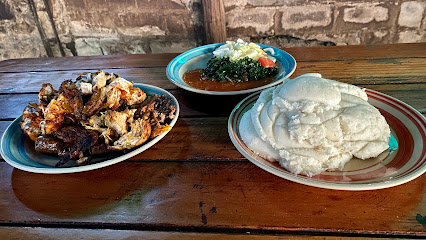
Foresters Bar
Experience the charm of Mutare at Foresters Bar, where vibrant drinks and a friendly atmosphere await every visitor.
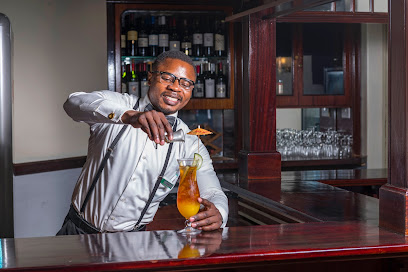
Local Phrases
-
- HelloMhoroi
[m-ho-roy] - GoodbyeKwaheri
[kwa-he-ri] - YesEhe
[e-he] - NoAa
[a] - Please/You're welcomeNdapota
[n-da-po-ta] - Thank youNdinotenda
[n-di-no-ten-da] - Excuse me/SorrySamaita
[sa-mai-ta] - How are you?Unjani?
[un-ja-ni] - Fine. And you?Ndiripo. Nei?
[n-di-ri-po. nay] - Do you speak English?Uri kuvara chii chavakuru?
[u-ri ku-va-ra chi cha-va-ku-ru] - I don't understandHandina kuziva
[han-di-na ku-zi-va]
- HelloMhoroi
-
- I'd like to see the menu, pleaseNdakuda kubvunza rubatsiro
[n-da-ku-da ku-bvun-za ru-bat-si-ro] - I don't eat meatHandikude kudya nyama
[han-di-ku-de ku-dya nyam-a] - Cheers!Maidei!
[ma-i-dei] - I would like to pay, pleaseNdinoda kubhadhara, rubatsiro
[n-di-no-da ku-bha-dha-ra ru-bat-si-ro]
- I'd like to see the menu, pleaseNdakuda kubvunza rubatsiro
-
- Help!Tinovimba!
[ti-no-vim-ba] - Go away!Tamba!
[tam-ba] - Call the Police!Pindai kuburikidza!
[pin-dai ku-bu-ri-kid-za] - Call a doctor!Pindai kugona!
[pin-dai ku-go-na] - I'm lostNdiri kuparidzwa
[n-di-ri ku-pa-rid-zwa] - I'm illNdiri kusvika mombotadzira
[n-di-ri ku-svi-ka mom-bo-ta-dzi-ra]
- Help!Tinovimba!
-
- I'd like to buy...Ndakuda kushandisa...
[n-da-ku-da ku-shan-di-sa] - I'm just lookingNdiri kupinda
[n-di-ri ku-pin-da] - How much is it?Zvinoita sei?
[zvi-noi-ta sei] - That's too expensiveIzvi zvinonaka
[iz-vi zvi-no-na-ka] - Can you lower the price?Mungandibatei mari?
[mun-gan-di-ba-tei ma-ri]
- I'd like to buy...Ndakuda kushandisa...
-
- What time is it?Saatyi yekudhura inonzi sei?
[sa-at-yi ye-ku-dhu-ra i-no-nzi sei] - It's one o'clockNhumbi yokuvaririra
[n-hum-bi yo-ku-va-ri-ri-ra] - Half past (10)Makusere kuva kumagumo
[ma-ku-se-re ku-va ku-ma-gu-mo] - MorningMazuva acherere
[ma-zu-va a-che-re-re] - AfternoonMazuva emasikati
[ma-zu-va e-ma-si-ka-ti] - EveningMazuva ekare
[ma-zu-va e-ka-re] - YesterdayNzvanga
[nz-van-ga] - TodayNhasi
[n-ha-si] - TomorrowMangwana
[man-gwa-na] - 1Munhu
[mu-nu] - 2Makumi maviri
[ma-ku-mi ma-vi-ri] - 3Makumi matatu
[ma-ku-mi ma-ta-tu] - 4Makumi manhombwe
[ma-ku-mi man-hom-bwe] - 5Makumi mashanu
[ma-ku-mi ma-sha-nu] - 6Makumi masere
[ma-ku-mi ma-se-re] - 7Makumi mashanu
[ma-ku-mi ma-sha-nu] - 8Makumi mashanu
[ma-ku-mi ma-sha-nu] - 9Makumi masere
[ma-ku-mi ma-se-re] - 10Makumi mashumi
[ma-ku-mi ma-shu-mi]
- What time is it?Saatyi yekudhura inonzi sei?
-
- Where's a/the...?Pamarii...?
[pa-ma-ri] - What's the address?Address yekuti inonzi sei?
[ad-dress ye-ku-ti i-no-nzi sei] - Can you show me (on the map)?Mungandibvirei (pamap)?
[mun-gan-di-bvi-rei pa-map] - When's the next (bus)?Sakasikwa sei isati?
[sa-ka-sik-wa sei i-sa-ti] - A ticket (to ....)Chikiti (kukwira ku...)
[chi-ki-ti ku-kwi-ra ku]
- Where's a/the...?Pamarii...?
History of Mutare
-
Mutare, originally known as Umtali, has a rich pre-colonial history. The area around Mutare has been inhabited for centuries by the Shona people, who established various settlements and kingdoms. The region was known for its fertile lands and abundant natural resources, which facilitated trade and agriculture.
-
Mutare was founded in 1897 as a fort by British settlers during the colonial era. It was initially established as a strategic point along the route from the port city of Beira in Mozambique to the interior of Zimbabwe. The town was originally located at Fort Hill, but it was moved to its present location in 1891 to be closer to the railway line connecting Beira and Salisbury (now Harare).
-
The development of the railway was crucial to Mutare’s growth. The completion of the Beira-Mutare railway in 1898 provided a vital link for the transportation of goods and people between Zimbabwe and the Indian Ocean. This railway line significantly boosted trade and led to the town's rapid expansion.
-
The discovery of gold, diamonds, and other minerals in the surrounding areas attracted many prospectors and contributed to Mutare's economic boom. The town became a commercial hub, with numerous businesses and trading posts established to support the mining industry.
-
Mutare played a significant role in Zimbabwe’s liberation struggle against colonial rule. The town was a strategic location for guerilla fighters due to its proximity to Mozambique, which was a base for many liberation movements. Mutare was often used as a crossing point for freedom fighters moving between the two countries.
-
After gaining independence in 1980, Mutare continued to grow and develop. The town diversified its economy beyond mining and agriculture to include manufacturing and tourism. The establishment of institutions like the Mutare Polytechnic and Africa University also contributed to its development as an educational center.
-
Today, Mutare is known for its rich cultural heritage and vibrant arts scene. The town hosts various cultural festivals and events that celebrate the traditions and history of the region. Landmarks such as the National Gallery of Zimbabwe in Mutare and the Mutare Museum offer insights into the area’s artistic and historical legacy. Modern-day Mutare is a bustling town that blends its historical roots with contemporary developments, making it a fascinating destination for travelers.
Mutare Essentials
-
Mutare is accessible by several means. The nearest international airport is Robert Gabriel Mugabe International Airport in Harare, approximately 265 kilometers away. From Harare, you can take a bus, hire a private taxi, or rent a car to travel to Mutare. The journey by road typically takes around 3 to 4 hours. Additionally, Mutare has a train station with services connecting to Harare, providing a scenic route through the eastern highlands of Zimbabwe.
-
Mutare has various transportation options. Local minibuses, known as 'kombis,' are widely used for short distances and are relatively inexpensive. Taxis are available and can be hailed on the street or booked via phone. For more flexibility, consider renting a car. Bicycle rentals are also an option for exploring the city at a leisurely pace. Walking is feasible within the city center, but some attractions may require motorized transport.
-
The official currency in Zimbabwe is the Zimbabwean Dollar (ZWL). However, the US Dollar (USD) is widely accepted and often preferred. Credit cards are accepted in most hotels, restaurants, and shops, but it is advisable to carry cash, especially for small purchases and in rural areas. ATMs are available in Mutare, but it is wise to ensure you have sufficient cash before traveling, as ATMs can sometimes be unreliable.
-
Mutare is generally safe for tourists, but standard precautions are advisable. Avoid walking alone at night, especially in unfamiliar areas. High-crime areas targeting tourists are rare, but it is best to stay vigilant in crowded places and markets. Keep your belongings secure and be cautious of pickpockets. Areas like Sakubva and Chikanga have higher crime rates, so exercise additional caution when visiting.
-
In case of emergency, dial 999 for police, fire, or medical assistance. Mutare has a central police station and several medical facilities, including Mutare Provincial Hospital. It is recommended to have travel insurance that covers medical emergencies. For minor health issues, pharmacies are available throughout the city where you can purchase over-the-counter medications.
-
Fashion: Do dress modestly and avoid wearing overly revealing clothing. Light, breathable fabrics are recommended due to the warm climate. Religion: Do respect local customs and traditions, especially when visiting religious sites. Public Transport: Do be respectful and courteous to fellow passengers. Don’t eat or drink on public transport. Greetings: Do greet people with a handshake. A polite greeting in the local language, Shona, is appreciated. Eating & Drinking: Do try local dishes and accept food offerings graciously. Don’t refuse hospitality, as it is considered impolite.
-
To experience Mutare like a local, visit Sakubva Market to buy fresh produce and traditional Zimbabwean goods. Engage with locals who are often friendly and willing to share stories about the city's history and culture. Don’t miss the chance to visit the Vumba Mountains for stunning views and nature trails. A visit to the Mutare Museum will provide insights into the local heritage. For a unique experience, take a walk along the Christmas Pass for panoramic views of the city.
Trending Landmark in Mutare
Nearby Cities to Mutare
-
Things To Do in Nyanga
-
Things To Do in Harare
-
Things To Do in Masvingo
-
Things To Do in Gweru
-
Things To Do in Chinhoyi
-
Things To Do in Vilanculos
-
Things To Do in Blantyre
-
Things To Do in Kariba
-
Things To Do in Zomba
-
Things To Do in Lilongwe
-
Things To Do in Mangochi
-
Things To Do in Francistown
-
Things To Do in Chipata
-
Things To Do in Selebi-Phikwe
-
Things To Do in Salima








